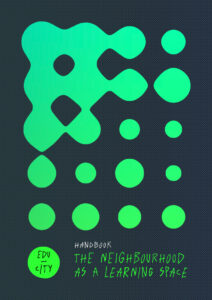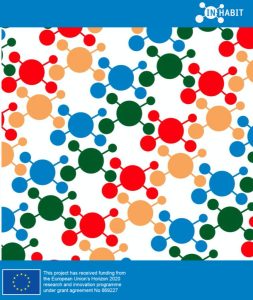The study is based on a survey to institutional stakeholders and on the analysis of 13 Operational Programmes (OPs) selected among 8 old MS (France, Germany, Netherlands, Italy, Portugal, Spain, Sweden, UK) and 6 new MS (Bulgaria, Czech Republic, Lithuania, Poland, Romania); among them 7 regions are eligible under the Convergence Objective and 6 under the Competitiveness and Employment Objective. The examination of these case studies responds to the following questions:
_ How the concept of sustainable, integrated, participated, urban development, the object of Art. 8 of EC regulations 1080/2006, is defined and strategically addressed toward implementation by Managing Authorities and Cities;
_ How well national and regional regulatory frameworks and governance schemes respond to the ERDF procedures and JESSICA;
_ How and to what extent actions regarding sustainable integrated urban development present in the OPs are being implemented; and
_ What lessons can be drawn for the future cohesion policy with regard to the effectiveness of the mainstreaming of sustainable urban development.
Link & Download
Access here the study Sustainable_urban_development_Art8.


